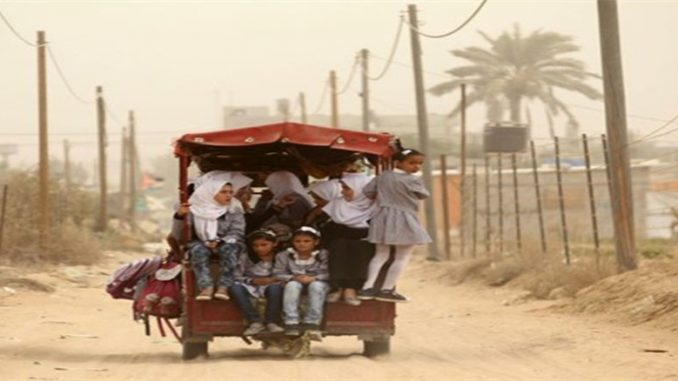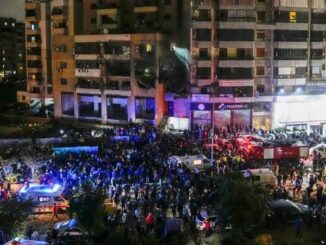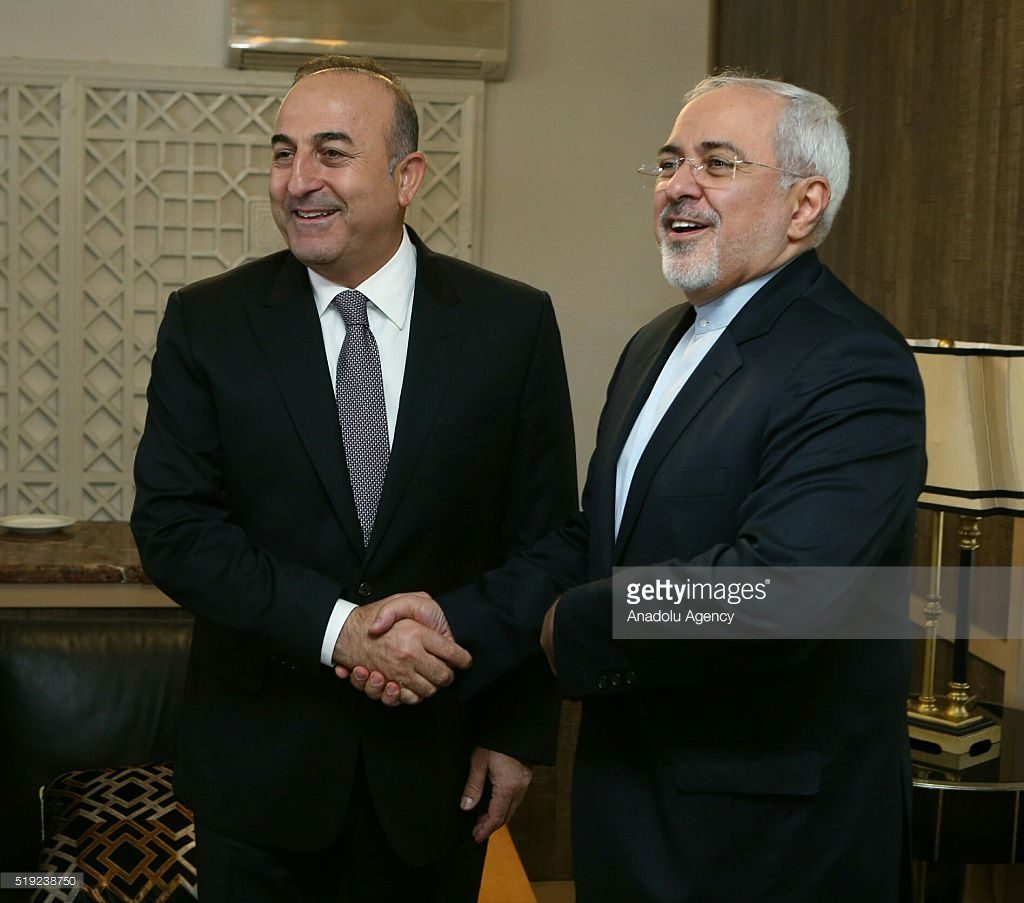
In a report issued ahead of a United Nations meeting to discuss the situation in the occupied Palestinian territory, the United Nations Special Coordinator for the Middle East Peace Process (UNSCO) released a report on Monday warning of the “urgent need” to address the worsening situation in the besieged Gaza Strip, as well as the stalled Israeli-Palestinian peace process.
UNSCO raised the alarm regarding “the urgent need to resolve the deepening political rift between Gaza and the West Bank” pitting the Hamas and Fatah movements, the respective ruling parties in the besieged coastal enclave and the occupied West Bank, against one another, in a reported made public ahead of the Ad Hoc Liaison Committee (AHLC) biannual meeting in Belgium on Thursday.
The UN body warned that the nearly decade-long tensions between the two political parties, which have further soured in recent months, “threaten(ed) the erosion of the achievements of the Palestinian state-building effort.”
Numerous attempts have been made in the past to reconcile Hamas and Fatah since they came into violent conflict in 2007, shortly after Hamas’ 2006 victory in general elections held in the Gaza Strip.
However, Palestinian leadership has repeatedly failed to follow through on promises of reconciliations, as both movements have frequently blamed each other for numerous political failures.
In early April, the PA implemented a slash in the salaries of Gaza-based PA employees, as well as cut aid disbursement to impoverished Gazans via the Ministry of Social Affairs.The move sparked protests in the enclave as employees accused the PA of targeting Gaza-based employees, while cuts were not made to civil servants in the occupied West Bank.
Meanwhile, Gaza electricity officials have blamed power shortages on PA fuel taxes, while the PA notified authorities on Thursday that it would stop paying for electricity provided by Israel to the Gaza Strip, exacerbating the already dire living conditions in the small Palestinian territory.
The UN has previously warned that the Gaza Strip would become uninhabitable for residents by 2020, pointing to the devastation of war and nearly a decade of Israel’s blockade.
“Gaza is facing a downward spiral of de-development, while the people in Gaza are caught in a cycle of humanitarian need and perpetual aid dependency,” the UNSCO report read.
“The social, economic and political consequences of crisis should not be underestimated,” UNSCO said in a statement. “Palestinians in Gaza, who live in a protracted humanitarian crisis, can no longer be held hostage by disagreements, divisions and closures.”
UNSCO also denounced the “continued lack of progress” in peace efforts to resolve the Israeli-Palestinian conflict in the past year, noting the sharp increase in illegal Israeli settlement expansion in the occupied Palestinian territory, as well as the rise in home demolitions targeting Palestinian and Bedouin communities in Israel and the occupied Palestinian territory.
“The report reiterates the international community’s collective commitment to support Israelis and Palestinian in achieving a just and sustainable peace through the two-state solution,” UNSCO noted. “However, developments during the reporting period, including illegal settlement activity and violence, threaten to undermine this prospect.”
The report condemned “continuing violence and acts of terror against Israelis” in past months, as well as rockets fired from the besieged Gaza Strip which have caused no casualties, while neglecting to mention the 19 Palestinians, six of them minors, who have been killed by Israelis since the beginning of 2017. According to Ma’an documentation, seven Israelis have been killed by Palestinians during the same time period, six of whom were members of Israeli security forces.
“The persistent absence of progress to resolve the Israeli-Palestinian conflict continues to significantly impede Palestine’s development,” UNSCO stated. “The parties are overdue to take the necessary steps, on the ground to create an environment conducive to peace, as recommended by the Middle East Quartet.”
While members of the international community have rested the solution to the Israeli-Palestinian conflict on the discontinuation of illegal Israeli settlements and the establishment of a two-state solution, a growing number of Palestinian activists have criticized the two-state solution as unsustainable and unlikely to bring durable peace given the existing political context, proposing instead a binational state with equal rights for Israelis and Palestinians.



